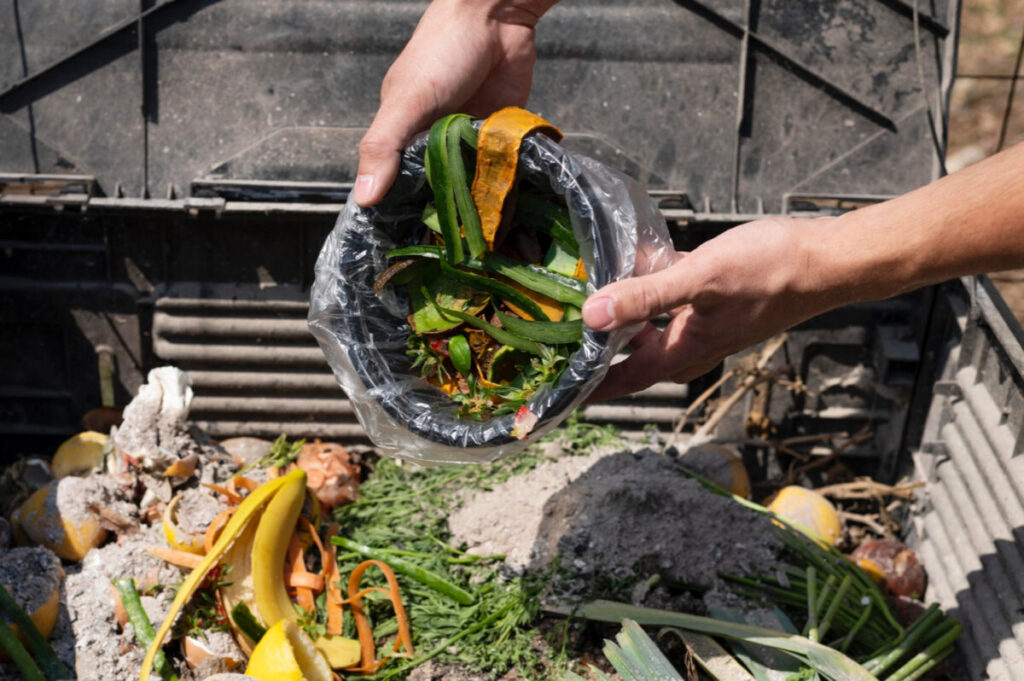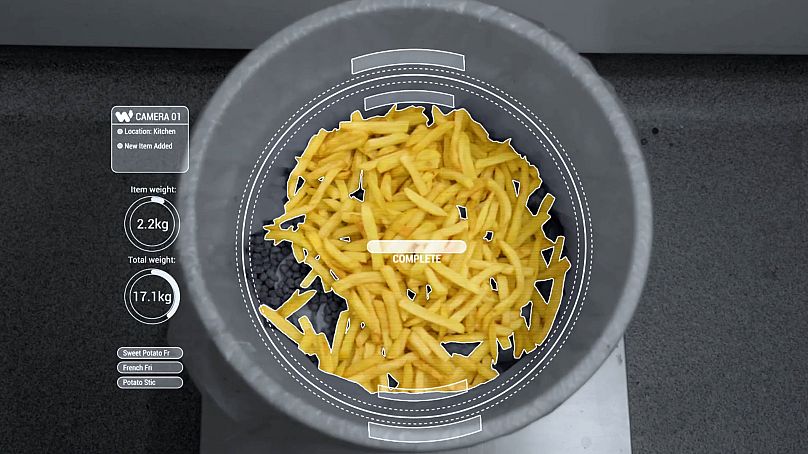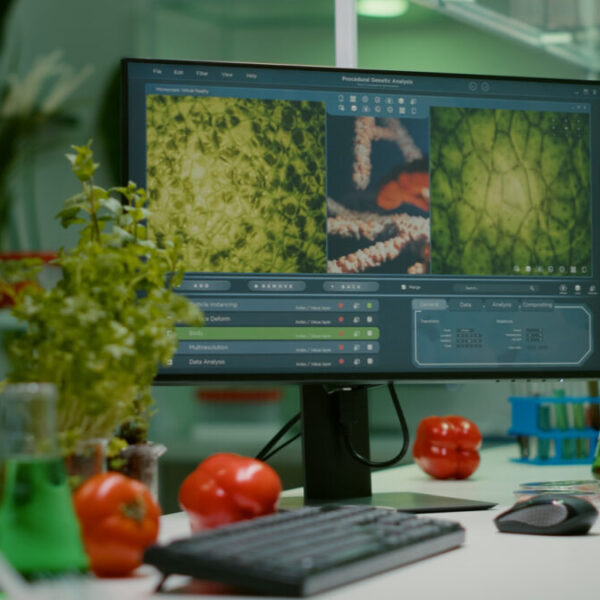The UNEP 2024 Report highlights the urgency to act against food waste. In 2024, 1.05 billion tons of food were wasted worldwide. 28% came from the restaurant sector. The use of artificial intelligence-based software in restaurants can reduce waste by up to 907,372 tons per year. Monitoring waste in restaurant and hotel kitchens does help regulate portions and reduce losses.
In Italy, the situation of food waste is critical: over the past year, it has increased by 8%, with an average of 0.56 kg thrown away per week. As in other wealthy countries, domestic waste is particularly significant, but the issue concerns all stages, from the field to the final consumer. It is therefore necessary to intervene throughout the food chain. It is also important to distinguish between food losses and food waste. Thus, the FAO, the Food and Agriculture Organization of the United Nations, indicates that waste occurs from the collection and processing of raw materials. This low efficiency in production processes is even the main cause of food losses. The second consists of the rejection of food in the final part of the chain, where consumers are also involved.

Despite the restaurant industry's interest in avoiding the waste of still-edible food, it often does not offer effective solutions to the public. Customers rarely ask to take home food or wine leftovers, even though since 2016 the Gadda law regulates and simplifies food surplus donations to limit waste. The main reasons are embarrassment (55%), discomfort (19.5%), and indifference (18.3%)**.
The use of artificial intelligence could help in the fight against food waste. According to a study by the Pacific Coast Food Waste Commitment (PCFWC), adopting AI-based solutions in the grocery sector could reduce food waste by up to 907,372 tons per year, equivalent to 13.3 million tons of CO2 emissions. Between 2019 and 2022, the eight participating chains in the PCFWC study project recorded a 25% decrease in total volumes of unsold food.
A practical example of how this system works is provided by Jess Tausig, EMEA Managing Director of Winnow Solutions. This British company has created an innovative optical recognition algorithm based on artificial intelligence to monitor waste in the kitchens of restaurants and hotels. This application helps regulate portions and reduce waste. With clients in over 70 countries, Winnow is considered a leading solutions provider in this sector thanks to its globally scalable AI-based technology.
Jess Tausig explains: "The Winnow system uses artificial intelligence tools similar to those of autonomous cars." Apart from kitchens and canteens, he explains: "When food is thrown away, the weight is recorded on a scale and, above each bin, a camera equipped with a motion sensor provides an image of the waste."
This technology identifies in real time the type of food being thrown away, the preparation phase, and estimates the amount of food wasted, including partially consumed foods.
After this step, the data is sent to an algorithm that provides suggestions on how to adjust portions to reduce waste. Jess Tausing continues: "We provide daily and weekly reports to the chefs. This information allows kitchen teams to make informed adjustments to preparation and purchasing strategies. This significantly reduces waste and improves efficiency". And banishing manual stock management, often prone to errors. If previously a professional was not aware of what ended up in their trash, now, thanks to the AI's auxiliary eyes, they can cook and shop more consciously. By experimenting with artificial intelligence solutions, not only does he improve service and personalize the customer experience, but he also significantly enhances global food safety and reduces the negative impacts of agriculture on the environment.
So far, the adoption of AI in the restaurant sector has been progressing slowly. In Italy, the first multinational to adopt this system was Elior Group in the kitchen and dining room of Elior Fourchette restaurant in Milan in May 2021. Elior introduced AI in the kitchens to combat food waste with a pilot project that lasted until January 2022, producing excellent results: in nine months, food waste decreased by 85%. Before installing the Winnow system, waste per cover was around 34 grams, equivalent to 38 kg per week. In addition to Elior, other chains have started using AI in their kitchens. Among them, Costa Cruises, Felsinea (catering), Four Seasons, and IKEA are using Winnow technologies.
To date, it is mainly the large chains that have successfully adopted this technology. It still remains little widespread and known among small businesses in the sector, which are not always able to bear the initial investment costs. Despite this, its enormous potential to contribute to the achievement of the Sustainable Development Goals of the UN's 2030 Agenda remains evident, especially in the goal of halving food waste by 2030.

When AI answers the question asked in the title (without being asked): Yes, artificial intelligence can help reduce food waste. For example, AI-based applications can be used to predict consumer demand, optimize supply chains, and manage stocks more efficiently, which can help reduce food losses. AI can also be used to monitor food freshness and assist in better managing expiration dates, thus helping to reduce food waste.
